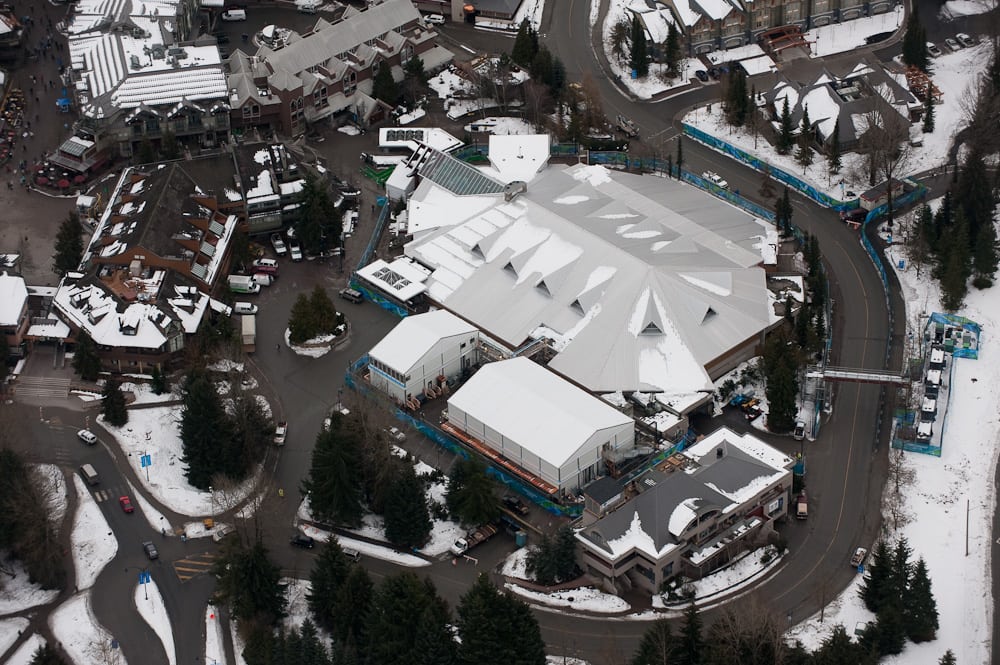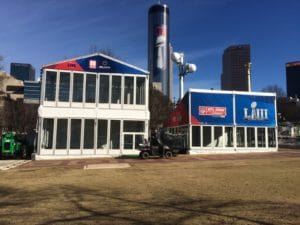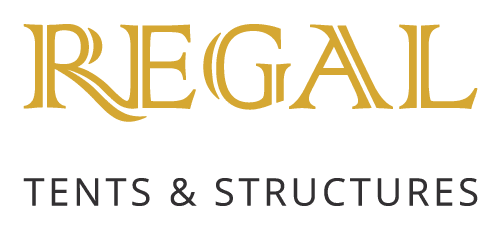When planning an outdoor environment, 80 percent of the work is in planning and preparation, long before the first stake goes into the ground. The most important thing to know is what questions to ask. Here are the top eight factors you need to keep in mind and ask your vendor about before you begin:
1. Permits
Every municipality has different rules about tents, nothing can be taken for granted—and starting too late can drastically affect the bottom line. For example, a market might require hiring a city-approved engineer to okay drawings, and sometimes the site itself. That can potentially add thousands to the cost of an event, especially if it wasn’t planned for in advance.
2. Emergencies
Municipalities create “emergency requirements” based in large part upon number of occupants in a given structure. Again, this can vary from location to location, so knowing and researching what needs to be done before drawings hit paper is of the utmost importance. If alarms or sprinklers are required, make sure you or your tent partner are putting those into the initial plans.
3. The Site Inspection
When you and the client choose the site for the event, you look for design possibilities, but you also need to keep an eye on the logistics. One important question is whether or not stakes can be driven into the ground on site. Until you know if there are underground power lines or, in many urban areas, underground buildings, you don’t really know if the site is usable.
4. Access
Most modern outdoor structures are put up like any other building, with a construction crew, heavy machinery and lots of vehicles for transport. This can be an access problem in sites with trees or sculptures and no-access roads—or if access times are limited by local ordinance, as is the case with New York City’s Central Park, where trucks are only allowed on site at night.
5. Security
The assets you and your clients have secured for your outdoor events are valuable. It is vital to plan for protecting the investment that they represent. Work crews should be screened and if the event is going on over many days, equipment needs to be locked up on off hours or a guard service needs to be contracted.
6. Attendees
Who is coming to your event? If you are inviting celebrities, door security might be more important than if it is a press event. High security officials like members of Congress or the Cabinet might require screenings of all attendees as they enter, or even before hand. These factors can affect the number of doors, hiring staff requirements and even the type of walls you use.
7. Cold
Few tents in North America have a required snow load capacity. That means your tent vendor has to know how to deal with snow without being forced to by regulation. Also, interior heating has to be carefully regulated for guests’ comfort. Generators might be needed in case the power goes out, or just as a back up for the heaters, so trimming the budget here might not be the wisest course.
8. Wind
A tent’s mortal enemy is wind. Fact: There is no such thing as a wind-proof tent. Therefore, it is crucial to have a partner that knows how to watch for dangerous weather, what to do if it happens and how to maintain the equipment and its manufactured strengths. The safest plan is a fully sealed tent in the face of high winds. If that isn’t possible, then wide open is the way to go.
-Kelley




